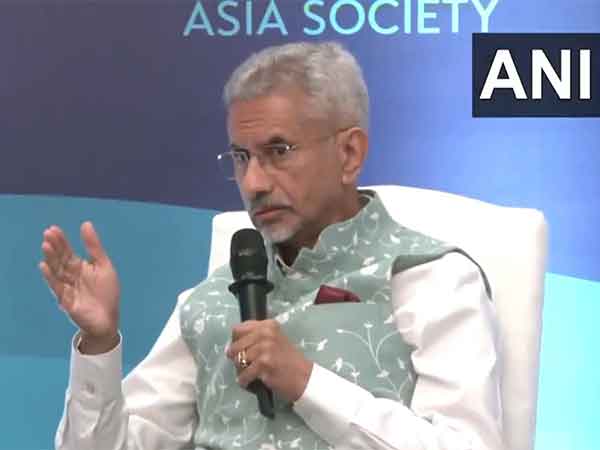AAPA airlines commit to net zero carbon emissions reduction by 2050
Sep 13, 2021

Kuala Lumpur [Malaysia], September 13 : The Association of Asia Pacific Airlines (AAPA) on Monday announced its commitment to a goal of net zero emissions by 2050.
The more ambitious goal of net zero emissions surpasses the existing industry commitment to halving carbon emissions by 2050.
AAPA said it has fully embraced the aviation industry's climate change commitments to date, with it being a leader among global sectors in establishing a comprehensive sustainability agenda.
This includes 1.5 per cent fuel efficiency improvement, stabilising net CO2 emissions through carbon neutral growth as well as a new more ambitious long-term goal of net zero carbon emissions by 2050.
AAPA said the cooperation of multiple stakeholders including governments, air navigation services, fuel suppliers, airports, aircraft and engine manufacturers will be essential to the successful achievement of the net zero emissions goal.
It stressed that the industry's pathway to this ambitious target is an all-industry effort based on a combination of technology, operational improvements, sustainable aviation fuels (SAFs) and a global market-based measure, namely the ICAO Carbon Offsetting and Reduction Scheme for International Aviation (CORSIA).
Sustainable aviation fuels are expected to feature heavily in the industry's overall reduction in carbon emissions by almost completely replacing fossil fuels on commercial flights by 2050.
Support from governments and other stakeholders to commercialise SAF through research and development, subsidies, incentives as well as the allocation of resources for its development and distribution will be crucial to ensure adequate and cost-effective supplies to meet the needs of the airline industry.
Significant quantities of SAF will be needed by the industry as 80 per cent of emissions are from flights over 1,500 km for which aircraft powered by alternative energy sources like electricity and hydrogen are not available.
"The Asia Pacific region will constitute some 40 per cent of global SAF demand but production and supply facilities in the region are lacking," said Subhas Menon, Director General of AAPA.
"Allocation of sufficient resources to convert feedstock like municipal or agricultural waste, waste oils from food production and other biomass for the production of SAF will make a critical difference."
Menon said sustainability is a global challenge that calls for a global solution. "Together, we need to ensure that distribution of the burden of reducing carbon emissions is fair and equitable, while allowing the industry to recover and restart."
Turning to air travel recovery, AAPA said that Asia Pacific was the first region to be heavily impacted by Covid-19, but has now lagged behind other regions in showing improvement in travel demand.
While other regions are easing restrictions on the back of successful vaccination roll-outs, borders in Asia still remain largely closed due to low vaccination levels.




















